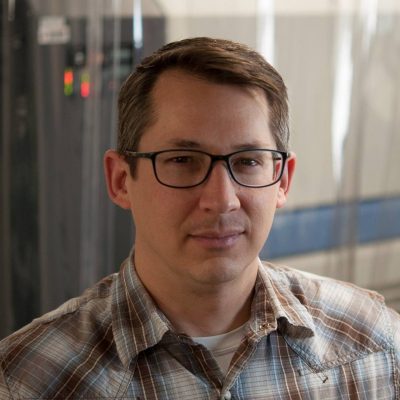Researchers came aboard R/V ANGARI for a full day of collecting surface water samples in West Palm Beach, Florida. This expedition allowed the research team to test methods and train for their upcoming expedition to the Southern Ocean.
EXPEDITION DETAILS
November 10, 2019
West Palm Beach, FL
Shannon Burns
Kirstie Dick
Lauren Hearn
Julia Middleton
Peter Morton
Jake Weinberger
Florida State University (FSU) scientist Dr. Peter Morton, undergraduate students Lauren Hearn and Kristie Dick, University of South Florida Ph.D. candidate Shannon Burns, and Massachusetts Institute of Technology/Woods Hole Oceanographic Institute Ph.D. candidate Julia Middleton successfully completed several transects in the Intracoastal Waterway (ICW) in West Palm Beach, Florida onboard R/V ANGARI. This research expedition served as a test and training trip for Dr. Morton’s research team who will be embarking on a 40-day chemical oceanography expedition to the Southern Ocean in January-March 2020 and 2021.
The team continually collected water samples using a surface sampler towed along the starboard side of the vessel. In order to collect uncontaminated samples of trace metals, such as Iron (Fe), Manganese (Mn), and Cobalt (Co), a clean flow bench was setup in R/V ANGARI’s interior lab. The team pumped 2,100 liters of sea surface water and filtered 12 liters of seawater to collect 12 suspended particulate matter samples. The trace metals in these samples can serve as nutrients that stimulate microscopic marine plant growth in ocean waters. These samples will be analyzed in FSU’s Geochemistry Laboratory in Tallahassee, Florida.

CHIEF SCIENTIST

Dr. Peter Morton, a chemical oceanographer and marine geochemist at MagLab, studies the sources and roles of nutrient metals in the marine environment. Just like humans require small amounts of trace nutrients like iron, manganese, and zinc, so do marine microorganisms. Because these elements are so scarce in the surface of the ocean, scientists have developed specialized techniques, devices, and instrumentation to collect and analyze these samples without contamination.
His team’s research focuses on how two major kinds of marine plants, diatoms and coccoliths, influence the nutritional value of the waters where they grow.
